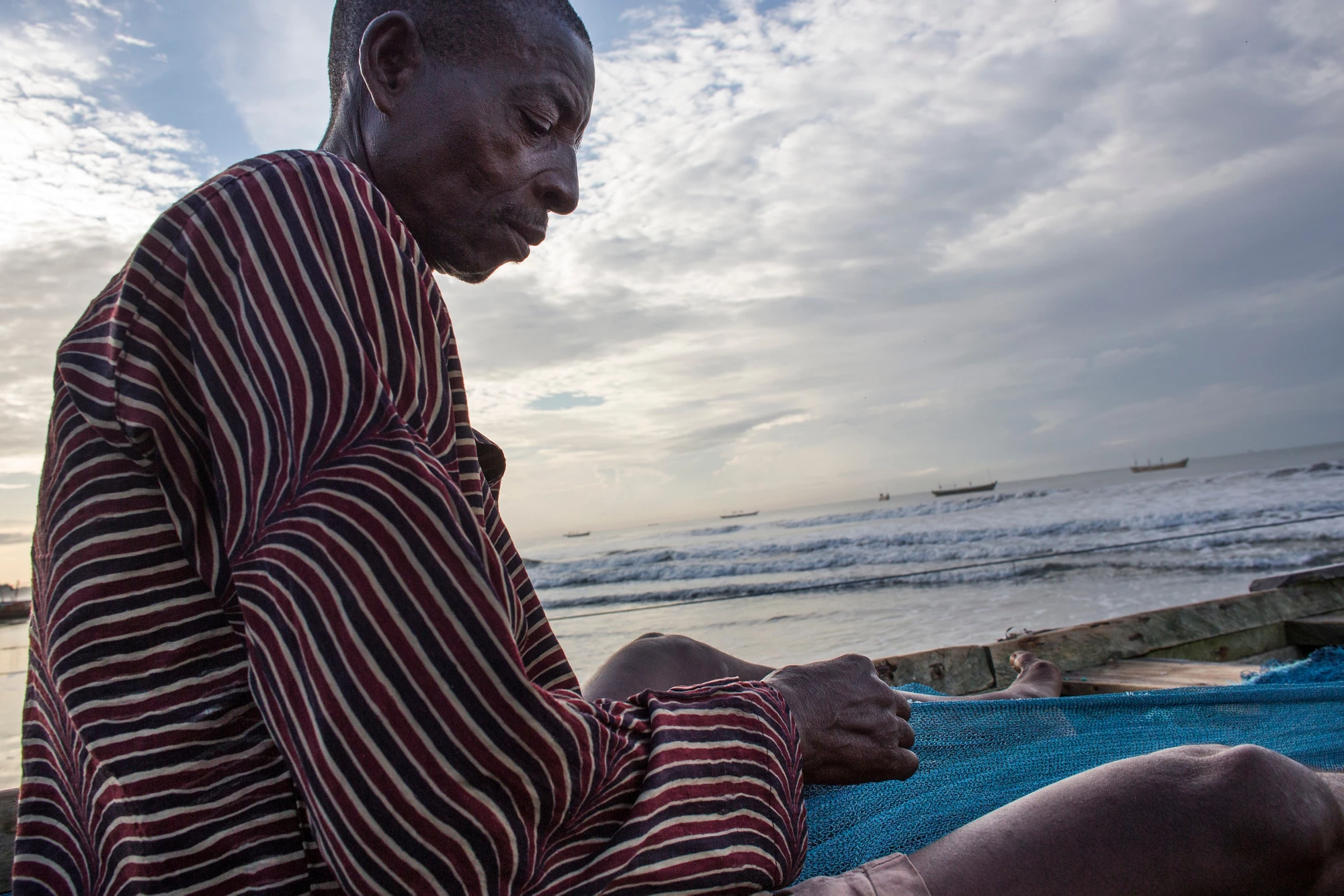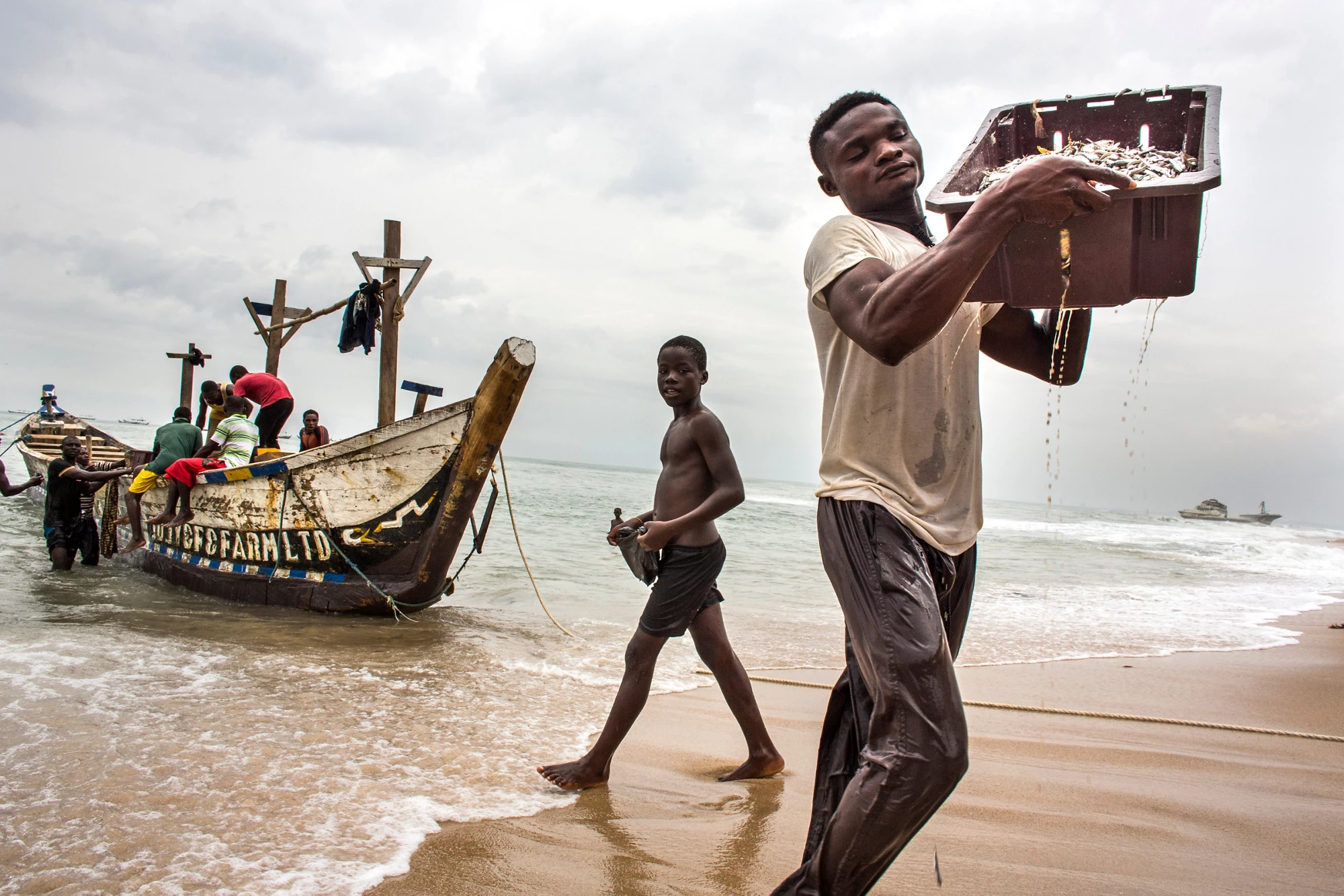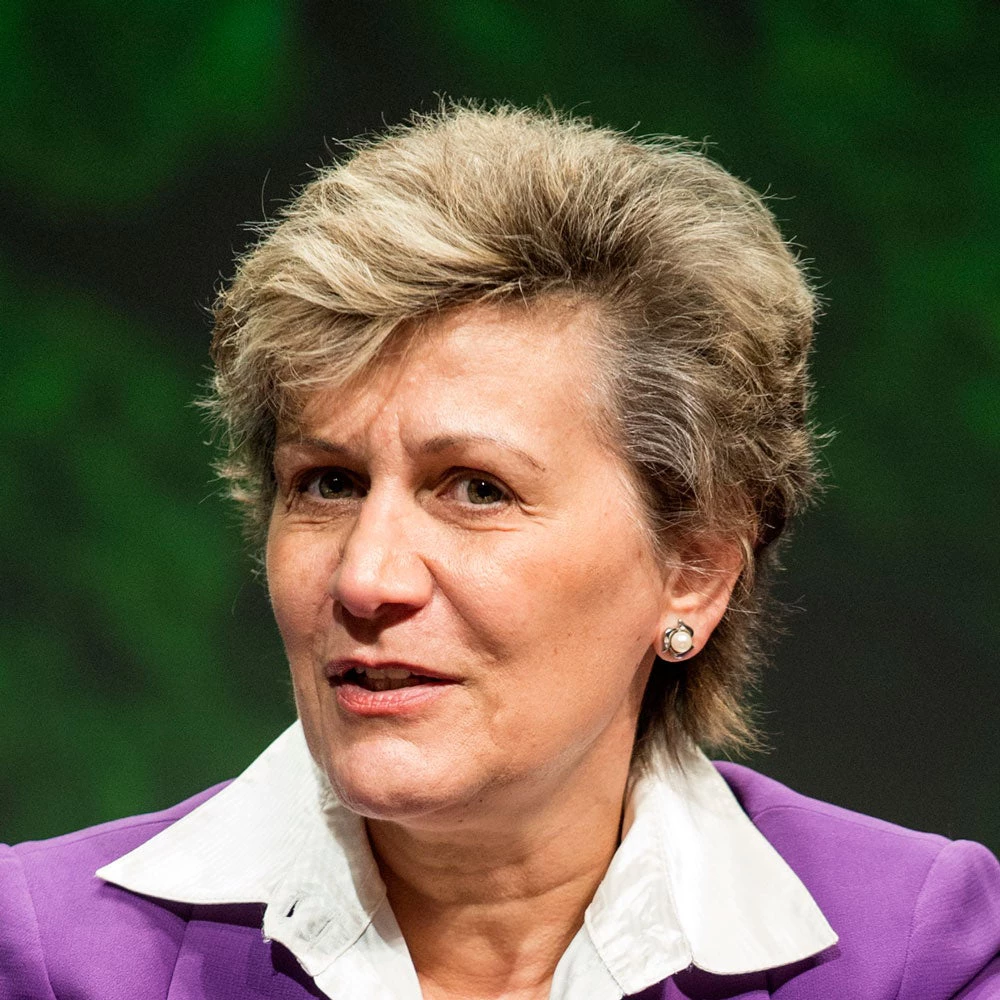We are all too aware that difficult times lie ahead for coastal communities.
Coastal erosion, especially in West Africa, has already displaced communities, with economic losses costing about 2.3% of GDP in Togo alone. In the past 60 years, sea temperatures in the Western Indian Ocean increased 0.6 C, triggering mass coral bleaching and deadly climate-related disasters across the region. The economic cost of the 1998 coral bleaching event to Zanzibar and Mombasa was in the tens of millions of dollars. The natural cost is still unknown.
Without action, fish catches are projected to drop because of climate change – possibly by one half in Ghana, Côte d’Ivoire, Liberia, Togo, Nigeria and Sierra Leone, according to The Food and Agriculture Organization (FAO) of the United Nations. When we talk to the fishers and fishmongers of coastal communities about their daily survival challenges and their fears for the future, our resolve deepens to support Africa’s vision to fulfill the economic potential of its oceans.
Despite these challenges, we are optimistic.
At the UN climate change conference last month in Marrakech, Morocco, the World Bank, the FAO, and the African Development Bank announced the African Package for Climate-Resilient Ocean Economies. This ambitious package of technical and financial assistance is designed to implement climate change adaptation and mitigation work, and draw on the comparative advantages of the three organizations.
The African package draws together climate change knowledge and activities for ocean-related sectors focusing on climate vulnerabilities specific to economic sectors, including fisheries, and communities directly and indirectly dependent on those sectors.
We are committed to being resource efficient, while encouraging the sequestration of carbon and the development of hydromet and ocean observation systems for early warning and assessment of natural disaster threats.
The African Package for Climate-Resilient Ocean Economies is composed of five flagship programs and each will have its own focus as well as shared knowledge and best practices:
- North Africa will start with a focus on fisheries, aquaculture and ocean observation systems.
- West Africa priorities include fisheries, combating coastal erosion, and building tourism.
- Central Africa, stretching from Cameroon to Angola, will include a focus on safety at sea and hydromet measures.
- East Africa will develop its aquaculture and tourism.
- The fifth flagship is Small Island Developing States. Often the most dependent on the oceans and the most vulnerable to disaster and erosion, they will focus on the development of the Blue Economy.
African countries, from Mauritania to Mauritius, have raised a common voice that is committed to sustainable development of ocean-related industries, through these five flagship programs. Africa will build resilient coastlines that create livelihoods, strengthen food security, and support the vulnerable. We are excited to be part of the journey.




Join the Conversation